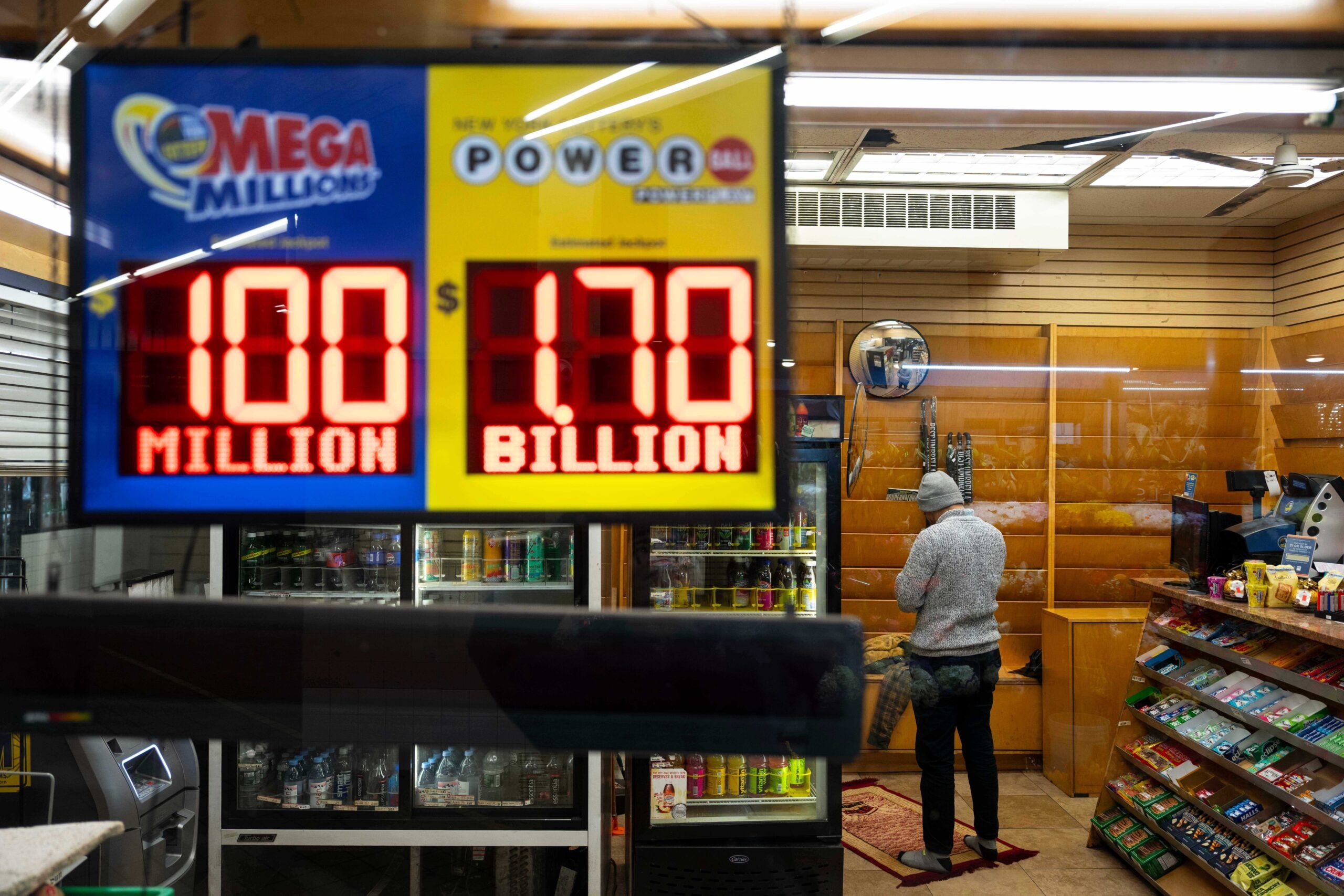
September 21, 2025
Federal Reserve Chair Jerome Powell noted that AI is one factor contributing to the difficulties recent college graduates face in finding employment.
As BLACK ENTERPRISE previously reported, the Black unemployment rate has risen to its highest point since the COVID-19 pandemic, coming in at 7.5% and, what’s more, it appears to be having an impact on the inability of recent college graduates to land work. The Black jobless rate is at its highest level since 2021.
According to CNN, one potential explanation could be the use of artificial intelligence screening during the application process, which is also occurring alongside indiscriminate federal job cuts. The federal government has traditionally been a reliable employer of Black Americans even when the general employment market has been hostile.
The Economic Policy Institute noted in its analysis of the rising unemployment rates that federal job cuts have frequently been cited as a contributing factor for the employment losses of Black women due to their relative overrepresentation in that sector.
As they stated, “This suggests that women aren’t losing jobs faster than men in the federal sector, but without additional information, we can’t rule out the idea that women’s federal losses are disproportionately falling on Black women.”
A recent Business Insider report also highlighted Federal Reserve Chair Jerome Powell’s comments on the role of artificial intelligence in the job market. Powell noted that AI is one factor contributing to the difficulties recent college graduates face in finding employment, though he added that “it’s hard to say how big it is.”
He explained, “It may be that companies or other institutions that have been hiring younger people right out of college are able to use AI more than they had in the past. That may be part of the story. It’s also part of the story, though, that job creation more broadly has slowed down.”
Over the last few years, as AI has been integrated into smartphones, job search algorithms, and workplaces, its potential to transform American society has been widely discussed—both for its promise and for concerns that it could worsen existing inequities in the employment ecosystem.
Powell previously noted in June that AI has the potential to disrupt the economy, in particular, the labor force. The Fed Chair said at the time that it could either enhance productivity, replace workers, or some combination of the two.
As it relates to Black workers, however, even though at least one leader of an advocacy group thinks that AI adoption shouldn’t be burdened by excessive protections, it shouldn’t be entirely unregulated, a tactic the Trump administration is determined to adopt. This arrangement carries outsized risk for Black Americans, according to Portia Allen-Kyle, the interim director of Color of Change.
Although she conceded to HR Dive that “AI is far too important to smother in bureaucracy at this early stage,” she also noted that the deregulation of this kind of technology is a wink and a nod to an era of America where the rich and powerful reigned and there was no effective middle class. “Bottom line: This is yet another blatant attempt to put profit over people,” Allen-Kyle pointed out before noting that the Trump administration wants to “preempt the ability of states to regulate.”
Allen-Kyle continued, “This may be a little bit controversial, but we’re still waiting for the use case that says AI is good for everyone. We just haven’t seen the scenario where this is, in and of itself, just excellent for Black people. What we have seen is companies making very blatant shifts away from human labor into AI, under the guise of efficiency. In many ways, lower-wage Black workers and workers of color are canaries in the coal mine.”
This of course, dovetails with a report from Capital B News about America’s newfound demand for artificial intelligence, driven by technology companies like Meta, Alphabet and XAI, which intersects with the Trump Administration’s rush to defang the Environmental Protection Agency, which clears the way for data centers that choke out Black people underneath the pollution those centers belch out in Black and impoverished rural communities.
As Shelby Green, a researcher at the Energy and Policy Institute noted, “Most Black households, especially rural ones in the South, are not using AI or as much computing power, but they are having to pay for that demand in both money and dirty air.”
Green continued, “It’s kind of like if you go out and your employer is paying for your dinner, and you order the fanciest stuff on the menu,” Green noted, concerning her research into how rising utility bills, some driven by data centers, are pushing Southern Black communities into poverty. “You don’t really have to worry about how expensive it is because it’s not coming out of your pocket. That’s how these companies are operating; they’re not holding the risk associated with increasing electricity costs and these new power plants — you are.
RELATED CONTENT: Black Storytellers Discuss Using AI as a Creative Partner at the Martha’s Vineyard African American Film Festival





